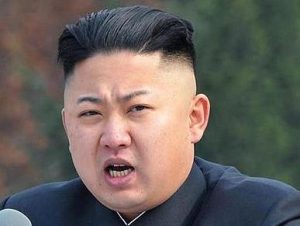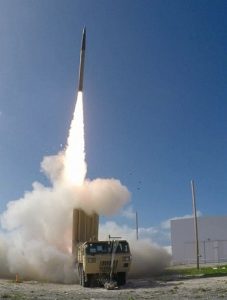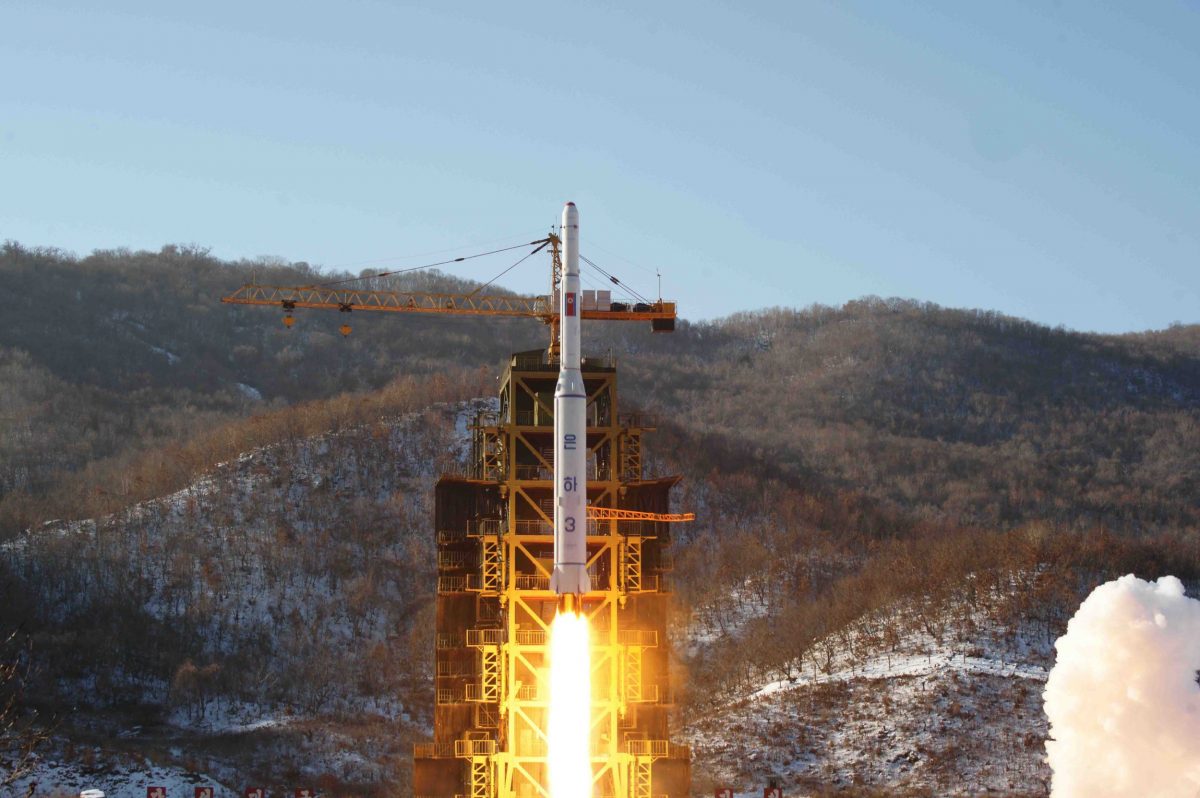A Trump-China deal with North Korea may now be possible. The stars are apparently aligning for a joint U.S.-China approach to North Korea. And perhaps much sooner than conventionally believed. With respect to North Korea, it appears that the Chinese have finally taken U.S. concerns seriously. President Trump may have a clear opportunity to work along side China and consummate a meaningful agreement with North Korea.
The President had signaled during his campaign that he was open to direct negotiations with North Korean President Kim Jong Un. He had also suggested that the Chinese were not pushing hard enough on the North Koreans. China’s new actions show that this dynamic has changed. It is time for a joint Trump-China deal with North Korea. We explain.
China’s Concerns- China’s Reasons for a Trump-China Deal With North Korea
As we previously reviewed here, the Chinese have been leery of pushing too hard on the North Koreans. They fear North Korea’s collapse and a failed state. That would leave a single Korea on their border, controlled by the South Koreans. It would also expose China to American and South Korean troops on its doorstep, an unacceptable outcome.

America currently threatens deployment of its Terminal High Altitude Defense anti-ballistic missile system (THAAD) capable of shooting down short, medium and intermediate range ballistic missiles. The Chinese have been very concerned over this possible development, pressuring the South Koreans and suggesting that their bilateral relationship would be imperiled. The primary purpose of the THAAD system is to destroy launched missiles in their “terminal” stage, i.e., on their way down. But that’s not the reason for China’s concern.

Rather, the monitoring capabilities of the THAAD system would allow the U.S. to improve early tracking of Chinese missiles. A THAAD system in South Korea would allow the U.S. to peer farther inside Chinese territory, and give the U.S. greater early launch detection capabilities. Why is this such a concern to the Chinese? Because it would impair their ability to maintain what is known as a “launch-on-warning” nuclear strategy. The credibility of that strategy depends upon the ability to maintain a second-strike capability. If the U.S. shortens the time-line for early launch detection, China’s nuclear strategy may be compromised. Or so the thinking goes.
China is increasingly concerned that North Korea is incapable of economic reforms that would stave off an economic collapse. They realize that North Korea desperately needs sanctions-relief. At the same time recent missile tests by the North Koreans demonstrated continued improvements in its ballistic missile capability. North Korea is continuing its inexorable march toward intercontinental nuclear ballistic missile capability.
United States’ Concerns – U.S. Reasons for a Trump-China Deal With North Korea
Both China and the United States now have clearly defined, and not inconsistent, strategic goals vis-a-vis North Korea. The U.S. must first prevent North Korea from development of an intercontinental missile delivery system capable of carrying nuclear warheads and reaching the U.S. mainland. The U.S. also wants North Korea to surrender its nuclear weapons stockpile and terminate and future nuclear weapons development.
The Chinese want to preserve North Korea as a functioning, and hopefully stable, government. They want to prevent the United States from enhancing its nuclear launch detection capability. The Chinese approach is clear. They will not let North Korea fall, but they, too, would like to reign in North Korea’s nuclear weapons program. Economic sanctions are fine, but not to the extreme of a North Korean collapse. The Chinese position is to combine sanctions with nuclear negotiations while accommodating North Korea’s security needs. On this latter point American policy makers will need to be both thoughtful and responsive.
China’s very recent suspension of coal importation from North Korea is tactically significant. It pushes back at the U.S. claim that China has not done enough to pressure North Korean to the negotiating table. The coal suspension gives the Chinese leverage to push the U.S. back into nuclear talks with North Korea, previously abandoned by President Obama.
From North Korea’s perspective the suspension of coal exports to China is meaningful in two ways. Coal represents approximately one-third of North Korea’s total exports. It’s approximately 6% of North Korea’s total gross domestic product. It is also North Korea’s largest revenue source. And almost all of its coal exports delivered to China.
Just as important, China’s coal suspension signals the U.S. that they will follow through with meaningful economic actions if the U.S. will engage North Korea in negotiations. China is now apparently willing to further squeeze North Korea to the table provided the U.S. will follow through with negotiations. President Trump had suggested he would do just that.
It appears that the U.S. and China may find common ground here. There may be an opening for a Trump-China deal with North Korea. President Trump should take it.

